Cultural Uganda
Uganda is described by many as a cultural melting pot because of its cultural diversity and heritage. Three times less than the US state of Texas Uganda has over 56 tribes, speaking more than 30 languages. Each of these tribes has their unique ways of life, ranging from food, to marriage, division of labor, dance and arts among others. Many Ugandans can hardly sustain conversations in vernacular across the four regions of the country.
Among the many tribes in Eastern Uganda you will find the Bagisu, the Karimojong and Tapeth. The Bagisu hail from the Elgon Mountains and are notorious for the “Imbalu” (traditional circumcision) festival that lasts four months every even year from August. The festival starts with about 50, 000 people camping at Mutoto Cultural grounds for more than a week, dancing kadodi, singing, drinking and circumcising boys (live without any anesthesia) into adulthood. The festival spreads to as far as Kenya and to Kapchorwa, the homeland of Kiprotich, Uganda’s self-made Gold Medalist at the 2012 London Olympics. Interesting about the people of Kapchorwa, the Sebei, is that they still practice female genital mutilation, a practice elderly women from the land are so proud of!
In the North-East, you will find the Karimojong, nomadic pastoralists whose lifestyle is dependent on animal blood, milk and sorghum. Among the Karimojong lives a secluded tribe, the Tapeth, little known to the world but on the verge of extinction. These people still live in caves, depend on hunting and gathering wild fruits and tubers. They wear no clothes and are strong believers in female genital mutilation. In their land, civilization is yet to reach.
The story of cultural uniqueness across Uganda goes on and on. For instance, the Baganda, in the central region of the country have a long history of Kingship, with a recorded total of 35 kings preceding the current one, Ronald Muwenda Mutebi II. Among the Baganda, a man is allowed to marry as many women as he wishes, and the more children he produces, the more respect he will receive in society. Marriage is so divine that all girl children are well trained both by their mothers and aunties on how to treat their husbands while boys move in company of their fathers and uncles undergoing marital training. Ceremonies such as the okwalula abalongo (initiation of twins), okwanjula (Introduction of chosen husband to parents), and okwabya olumbe (last funeral rites) are well cherished in Buganda. Even in times of death, the baganda will provide food, dig the grave, spend nights at the home of the bereaved and will generally manage all funeral services communally. Already the Kasubi tombs and Tooro Empaako ceremony (petty naming) are UNESCO world heritage sites, with Bigo Byamugenyi, Nyero Rock paintings, Kibiro and Ntusi among the many cultural sites on a pending list.



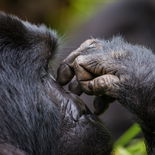
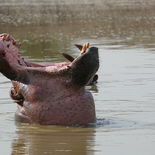
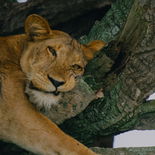
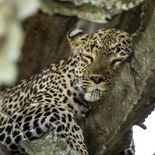


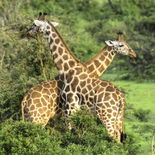
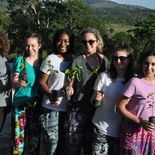
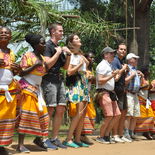

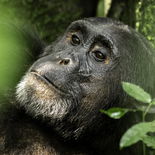
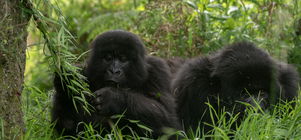
Share This Page